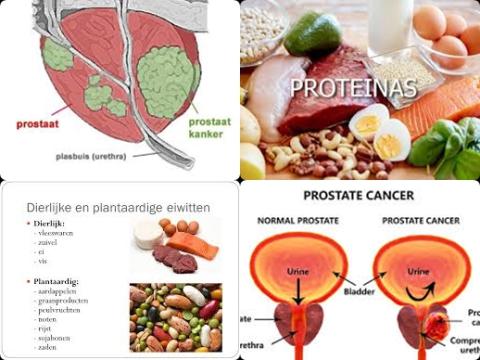
Objectives:
Many studies were conducted to explore the relationship between dietary protein intake and risk of prostate cancer, obtaining inconsistent results. Therefore, this review article has been conducted.
Does dietary protein intake increase risk of prostate cancer?
Study design:
This review article included a total of 8 cohort studies, 5 case-control studies and 1 RCT, comprising 13,483 prostate cancer cases among 286,245 participants.
Begg’s funnel plots and Egger’s test [p = 0.296] indicated that no publication bias was found in overall analysis.
Results and conclusions:
The investigators found in the overall analysis there was no association with prostate cancer risk when comparing the highest protein intake with the lowest protein intake [summary RR = 0.993, 95% CI = 0.930-1.061, I2 = 0.0%, p = 0.656].
The sensitivity analysis showed that there is no single study that had potential effects on the overall result while removing a study at a time.
The investigators found in the stratified analysis by protein type, the association was non-significant on prostate cancer risk in both animal protein intake [RR = 1.001, 95% CI = 0.917-1.092] and vegetable protein intake [RR = 0.986, 95% CI = 0.904-1.076].
Non-significant because RR of 1 was found in the 95% CI of 0.917 to 1.092. RR of 1 means no risk/association.
The investigators found there was also no significant association in cohort studies [RR = 1.080, 95% CI = 0.964-1.209] and in case-control studies [RR = 0.960, 95% CI = 0.874-1.055].
The investigators found there was no association with prostate cancer localized-stage disease risk when comparing the highest protein intake with the lowest protein intake [summary RR = 1.263, 95% CI = 0.953-1.674].
The investigators found there was no association with prostate cancer advanced-stage disease risk when comparing the highest protein intake with the lowest protein intake [summary RR = 0.973, 95% CI = 0.745-1.272].
The investigators concluded that there is no effect on prostate cancer with high-protein intake. Since some limitations exited in this review article, future studies are wanted to confirm the result.
Original title:
Association between dietary protein intake and prostate cancer risk: evidence from a meta-analysis by Ye M, Yan T and Jing D.
Link:
https://wjso.biomedcentral.com/articles/10.1186/s12957-018-1452-0
Additional information of El Mondo:
Find more information/studies on protein and cancer right here.